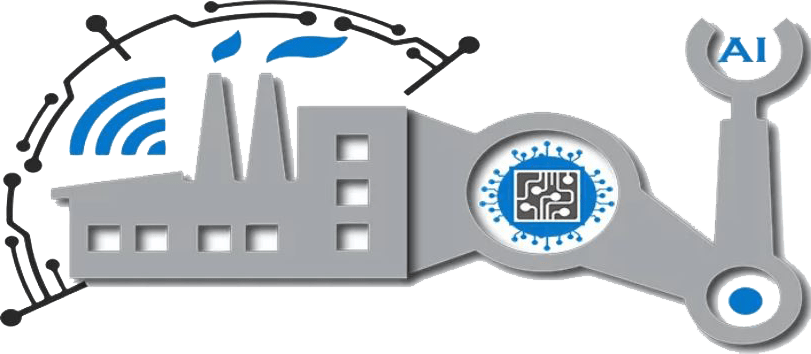The advent of Industry 5.0 marks a paradigm shift in how industries operate, emphasizing the symbiosis between humans and machines. Central to this evolution is the role of big data and analytics, which serve as the backbone for smarter and more efficient industrial processes. This era is characterized by the integration of advanced technologies to create highly customized and sustainable production systems.
Explore Big Data Applications in Manufacturing, Predictive Maintenance, and Supply Chain Optimization
In the realm of manufacturing, big data applications have revolutionized traditional processes. By harnessing vast amounts of data generated from IoT devices, sensors, and machinery, manufacturers can gain unprecedented insights into every facet of production. These insights enable real-time monitoring and optimization of production lines, leading to significant improvements in efficiency, quality control, and resource management. Predictive analytics plays a crucial role here, allowing manufacturers to anticipate and mitigate potential issues before they escalate, thereby reducing downtime and maintenance costs.
Predictive maintenance is another critical application of big data in Industry 5.0. By continuously analyzing data from equipment and machinery, predictive maintenance systems can forecast when a component is likely to fail. This proactive approach ensures that maintenance is performed only when necessary, minimizing unnecessary repairs and extending the lifespan of equipment. The result is a more reliable and cost-effective maintenance strategy that enhances overall operational efficiency.
Supply chain optimization is equally transformed by big data and analytics. The complex and dynamic nature of modern supply chains demands sophisticated tools to manage and optimize operations. Big data analytics provides the ability to analyze vast amounts of information from various sources, such as suppliers, logistics providers, and market trends. This analysis enables companies to optimize inventory levels, reduce lead times, and improve demand forecasting. Ultimately, a data-driven supply chain is more agile, resilient, and capable of responding to market changes swiftly.
How Analytics Enhances Efficiency and Drives Innovation
Analytics enhances efficiency in Industry 5.0 by providing actionable insights that drive informed decision-making. By leveraging data analytics, companies can identify inefficiencies, uncover hidden patterns, and implement strategies to streamline operations. This results in reduced waste, lower costs, and improved productivity. Moreover, the ability to make data-driven decisions empowers businesses to innovate continuously, developing new products and services that meet the evolving needs of their customers.
In conclusion, big data and analytics are pivotal in shaping the future of Industry 5.0. They provide the tools necessary for manufacturers to enhance efficiency, ensure predictive maintenance, and optimize supply chains. As industries continue to embrace these technologies, they will unlock new levels of innovation and sustainability, paving the way for a smarter and more connected industrial landscape.





